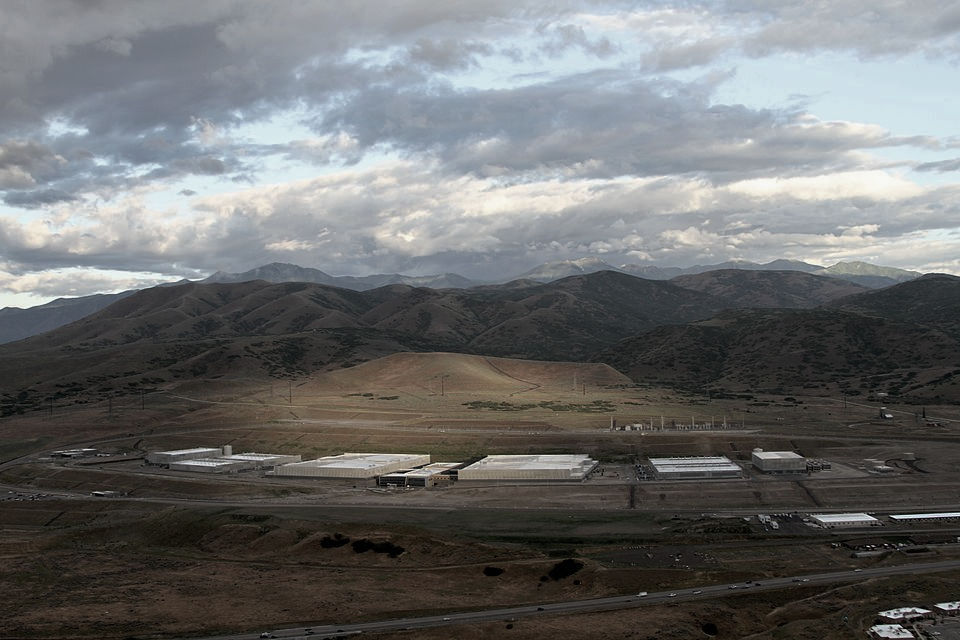[Green] is Good ..
- Tascott

- Dec 1, 2020
- 4 min read
Updated: May 19, 2025
The economic and social case for building "green" has been well-made. This assertion is supported by an abundancy of research on how green working environments can affect occupier well-being and productivity; how they influence tenant choices and improve tenant retention and how, by corollary, these benefits improve the longevity of tenure and certainty of cash-flow which join forces to underpin the value in real estate that attracts investment.

Despite the case being made, development of the sector has been slow and the number of green buildings, as a percentage of the total built environment, is small. However, changes in investor appetite are a growing influence on the type of new product coming to market. Firstly, in response to demand from occupiers, who are driven by their own ESG requirements and, secondly, in recognition of new legal regimes, regulations and commitments, introduced to meet wider global obligations, which have the potential to impact real estate in a variety of ways.
In December 2015, for example, the Parties to the United Nations Framework Convention on Climate Change ("UNFCCC") reached a landmark agreement to combat climate change, culminating in the Paris Climate Agreement which came into force in 2016. The key aspect of that Agreement, now ratified by 188 signatory countries (including New Zealand), is to "strengthen the global response to climate change, reaffirming the goal of limiting global temperature increase to well below 2 degrees Celsius. while pursuing efforts to limit the increase to 1.5 degrees".
A Special Report can be found here.
To meet these goals the Parties recognised the need for the world to be generating net zero carbon emissions by 2050. To reach zero carbon will require a myriad of responses across countries, governments, cities, corporations and individuals. One of the largest offenders being targeted is the building and construction sector which, the World Green Building Council estimates, is responsible for 39% of all energy related carbon emissions. Unsurprisingly therefore, in 2017 the Council reported that "every building on the planet must be ‘net zero carbon’ by 2050 to keep global warming below 2°C .."
The downstream effects of these new climate frameworks are now coming to the fore. In New Zealand, the Government's response was to introduce the Climate Change Response (Zero Carbon) Amendment Act, which received Royal Assent in Nov 2019. That Act provides a framework upon which New Zealand can, in short, develop and implement "clear and stable climate change" policies to reduce emissions, limit temperatures and prepare and adapt to climate change.
Giving effect, in part, to this legislation the Government Property Group ("GPG"), a division within government which is responsible for all real estate matters, has introduced guidelines which require office space, of a particular size, to meet new standards in order to be considered for occupation by government agencies. The standards will apply from Jan 2021 and include -
agencies entering a new lease, or renewing an existing lease, to target a NABERS rating of above 5 stars and achieve a minimum of 4 stars
agencies planning any new-build project to achieve a minimum of 5 stars
The implications of the introduction of these standards could be significant. In the capital Wellington, for example, the CBD office market extends to ~1.5 million sqm of lettable area, half of which is occupied by government agencies, whereas less than ~100,000 sqm of space achieves NABERSNZ standards. That disconnect may present office space providers with both new risks and new opportunities, in terms of retaining existing tenants or attracting new ones. The pace of change however, suggests owners should be planning now to meet these new tenant demands, as should investors considering entering this sector.
Office assets won't be the only sector to be affected though. Industrial & logistics will come under similar pressures to move towards net zero, driven by the "growing corporate commitment to decarbonise supply chains and cut emissions from real estate". In their report, Logistics Warehouses of Tomorrow, JLL briefly discuss the huge challenges that will drive big changes in the design and specification of warehouses and the expected increase in demand over the next 5-10yrs for green and net zero carbon facilities.
Valuations across all real estate sectors will be impacted as leasing risk increases for non-rated buildings. This divergence has been recognised by the Royal Institute of Chartered Surveyors ("RICS") who have issued a Guidance Note recommending that, as a matter of good practice, ESG factors should be taken into account when valuing property.
Another major driver of change is investor demand. Pension funds, insurance companies, and the many external managers of their capital, are all looking to 'green' their portfolios and for the same reasons - good ESG responsibility and additional investment value. In August this year the Institutional Investors Group on Climate Change ("IIGCC") a membership body of more than 250 members, mainly pension funds and asset managers, with over €33 trillion in assets under management, issued the Net Zero Investment Framework, the "first-ever practical blueprint for investors to maximise the contribution they make in tackling climate change and achieving net zero emissions globally by 2050". The framework's main purpose is to "ensure investors can decarbonise investment portfolios [including real estate] and increase investment in climate solutions, in a way that is consistent with a 1.5°C net zero emissions future".
Every day we can see more and more examples of the desire of capital, corporations and the industries that surround them, to embark on the road to a zero-carbon future, all off which are risks that feed into our own domestic real estate economy.
Green is the new risk but, paraphrasing Gecko a little further, "Green is Right. Green Works."
Tascott & Co | December 2020
To discuss this article further please contact:
Investor Services
Website: www.tascott.co.nz
Tascott & Co was established to provide clients with informed and independent views, based on sound risk analysis, on all aspects of commercial real estate investment and financing. In 2019 Tascott became a manager itself and completed its maiden transaction. Today we help investors assess, acquire and manage commercial real estate in New Zealand and the UK.



Comments